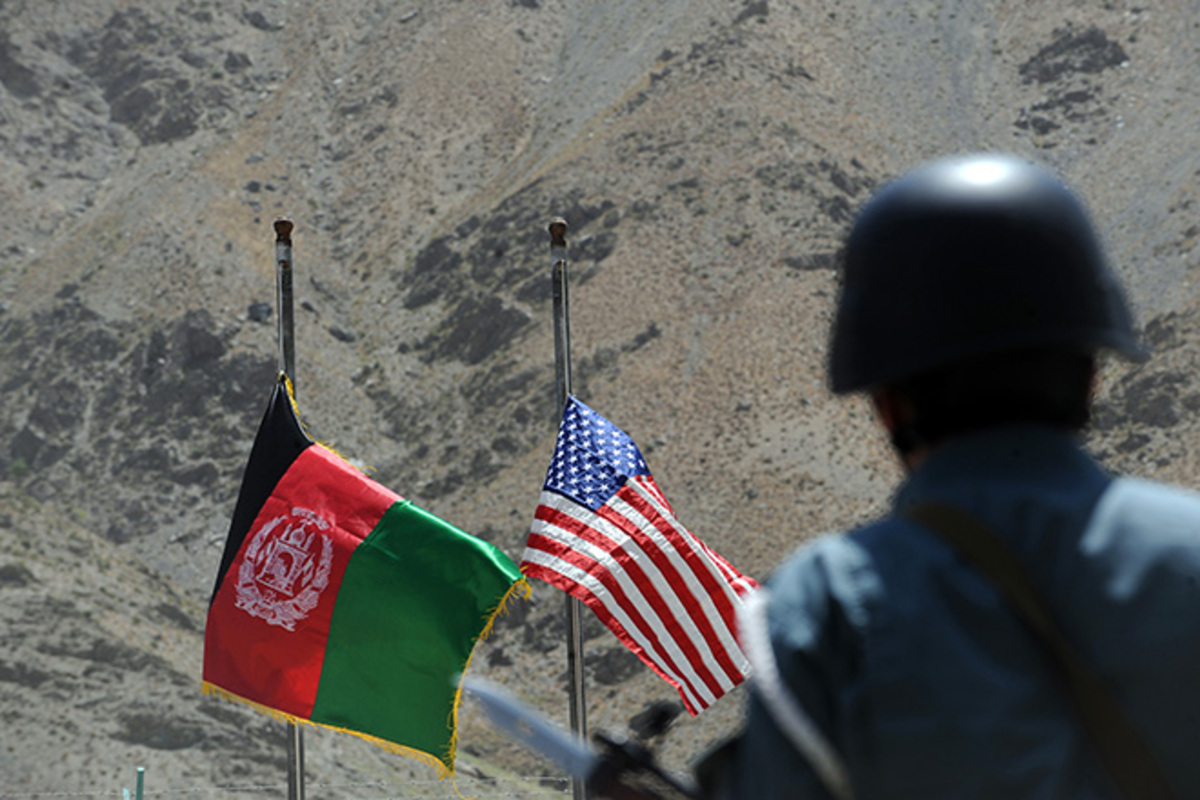Afghan singer who sought refuge in Pakistan, killed
Hasiba Noori, a renowed Afghan singer who had sought refuge in Pakistan, was killed in an attack by unidentified assailants in Khyber Pakhtunkhwa province, sources said.
White House Press Secretary Jen Psaki, addressing reporters as the hearing was underway, said that “there was a range of viewpoints” presented to Biden during internal debates.

Palpable is the dissonance within the establishment of the United States of America over the efficacy of removing boots on the ground in embattled Afghanistan. If the testimony of the Chairman of the Joint Chiefs of Staff, Mark A. Milley, is any indication, the American war in that country has ended in what he called “strategic failure”, rather a dismal conclusion that has acknowledged a series of mistakes by the Pentagon leaders. “The enemy is in charge. There’s no other way to describe it,” he admitted in an exceptional moment of candour. Defence Secretary Lloyd J. Austin and Gen. Kenneth F. McKenzie Jr., who oversaw the most recent operations in Afghanistan, also testified at the hearing, which offered a recital of US errors in judgment during the longest war in American history. US military officials trained Afghan forces to be too dependent on advanced technology, but did not appreciate the extent of corruption among local leaders, and didn’t anticipate how badly the Afghan government would be demoralized by the US withdrawal, the Pentagon leaders told the committee. Such errors, they claimed, enabled the Taliban to assume power far faster than US officials had anticipated. Intelligence reports that had suggested the Afghan forces could hold off longer were “a swing and a miss,” Milley said.
The decision to pull out was originally made by President Trump, whose administration reached an agreement with the Taliban to withdraw US troops by May 1, a little more than three months after he left office. President Biden decided to move forward with a withdrawal, believing that it was no longer worthwhile to prop up the Afghan government, but he extended the deadline to August 31. In part, Tuesday’s testimony undermined Biden’s claims that military leaders did not recommend leaving some troops in Afghanistan. McKenzie said he supported keeping 2,500 service members there, a recommendation that was made by General Austin “Scott” Miller, who had commanded US forces there from 2018 to July this year. McKenzie had contended that pulling out all US troops “would lead inevitably to the collapse of the Afghan military forces and eventually the Afghan government.”
Overall, it shall not be easy to draw a parallel with such failure of US strategy in the hour of conflict. It was an unusually public airing of divisions between the President and military leaders, one that will resonate through the official echo chambers of Washington as Biden faces the political fallout over the chaotic withdrawal from Afghanistan. White House Press Secretary Jen Psaki, addressing reporters as the hearing was underway, said that “there was a range of viewpoints” presented to Biden during internal debates. “It was clear that leaving troops in the country would eventually cause the conflict to escalate, drawing US forces back into fighting with the Taliban. The President was just not willing to make that decision,” Psaki said. It is becoming increasingly evident that any agreements that may have been reached in Doha have been flouted by the Taliban, and the Americans, having left the scene, are in no position to ensure a moderate and inclusive government.
Advertisement
Advertisement